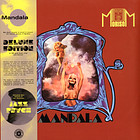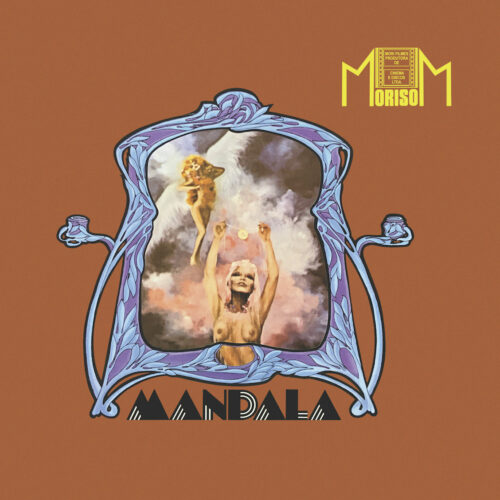The fact that a record lies around for five years after it has been recorded before someone decides to release it should be the exception rather than the rule. It also raises slight doubts as to whether the recorded music is really so compelling that it needs to be released at all. In the case of the only album by the Brazilian band Mandala, recorded in 1971, released in 1976, one would like to think that the matter was due to a misunderstanding, financial difficulties or similar obstacles. In any case, it cannot have been due to a lack of ability on the part of those involved. Bassist Zeca Assumpção, for example, studied his instrument at Berklee College. Later he played with Egberto Gismonti and Hermeto Pascoal, as did the drummer Zé Eduardo Nazario. But above all, both were active, albeit for different lengths of time, in the myth-enshrouded avant-garde fusion formation Grupo Um. And three of the five musicians from Mandala shaped Brazilian jazz in one form or another with Pau Brasil. All these musical approaches are already present in a highly developed form on »Mandala«. In addition, the fusion design crossed with bossa has some wonderfully trippy psychedelic parts, as they were part of the good tone in the early seventies. Flutes and synthesizer tones have a not insignificant share in this. You seldom or never know where the journey is supposed to go, which is very confusing. Where a fleeting impression might lead one to suspect a tendency towards foppishness, a closer listen reveals layers upon layers that fit into one another without effort. A journey to, yes, what? As the band name signals, there seems to have been an interest in Buddhism. The path is right, in any case.

Mandala

